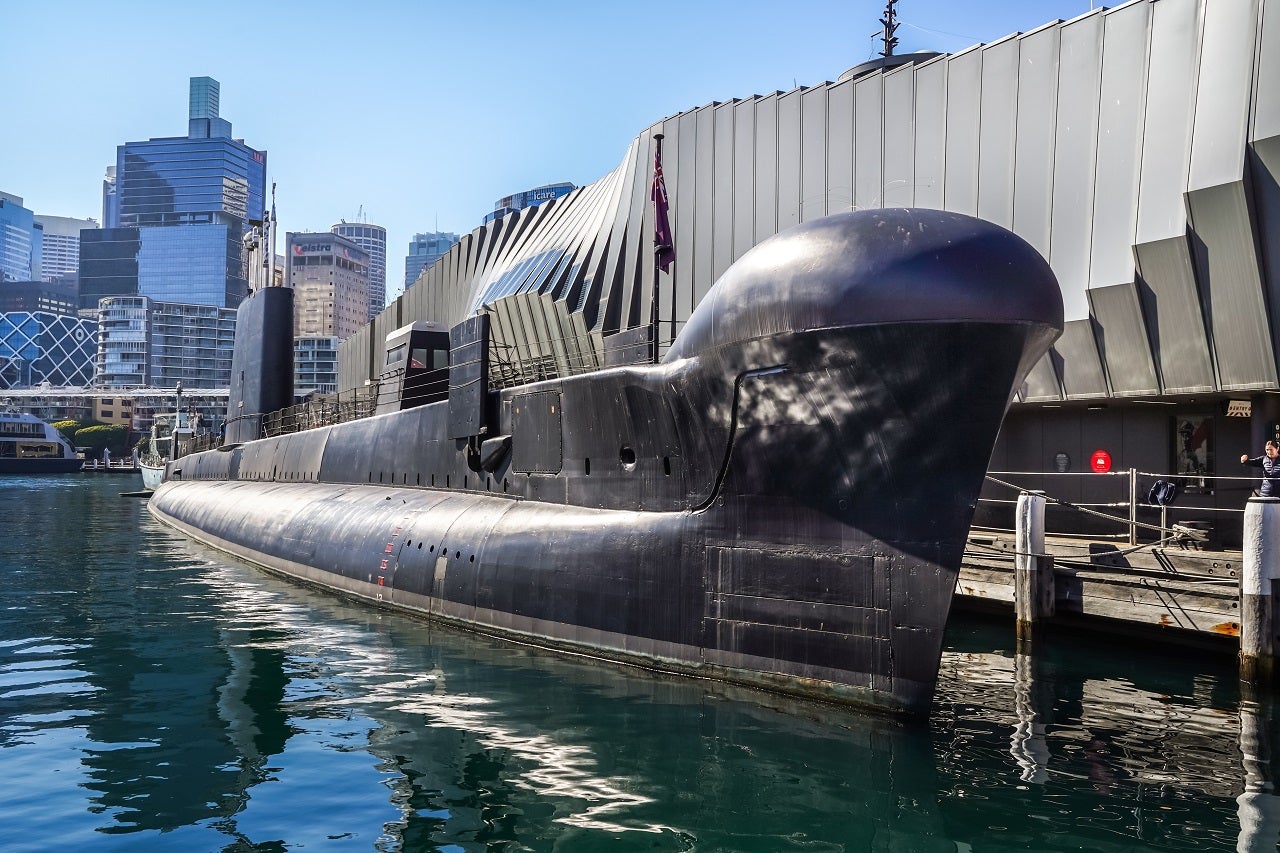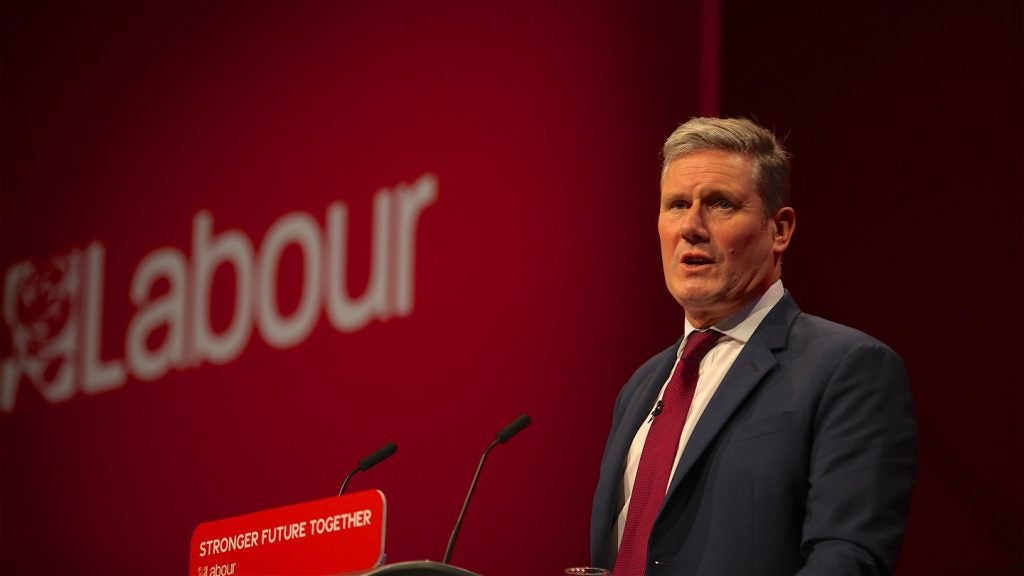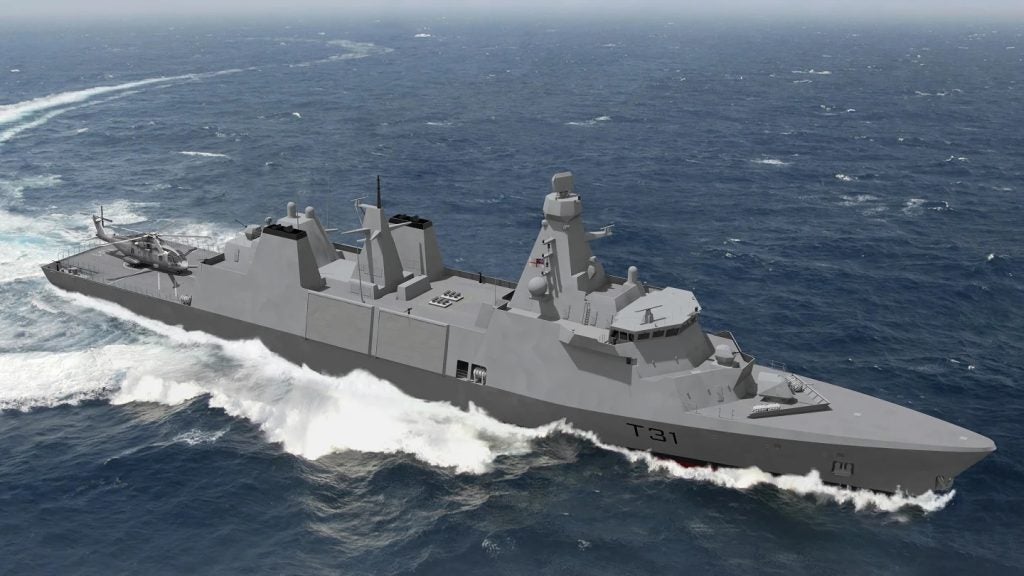
The deal
Australia has scrapped its $90bn (€56bn) submarine deal with France and entered a new pact with the US and the UK to procure nuclear-powered submarines. The submarines will be built in Adelaide, making Australia the seventh country in the world to have submarines propelled by nuclear reactors.
The announcement came on Thursday from the Australian Prime Minister Scott Morison during a virtual address with US President Joe Biden and UK Prime Minister Boris Johnson. The military alliance between the three countries, knowns as Aukus, has been forged to counter the emerging threat of China.
The countries will share technologies and will see the build of at least eight submarines.
Australia said the preparations for the deal would take 18 months. Due to the lack of local capability, the project largely relies on US and UK expertise to be delivered at the earliest achievable date.
Daniel Morris lead analyst at GlobalData comments: “A lot of the Australian staff that were working on the original Attack programme will be able to move on to the new one unless Naval Group stops them because of trade secrets. But Australia is a nuclear-free country. There are no nuclear sites in the country at all.”
Morris says Australia will be able to make use of existing designs but will have to use outside contractors to build certain parts of the submarine, but in the long term, the country would need to change laws that allow the construction of sites for the processing and building of nuclear reactors.
“If they decided that in 30 to 50 years they want to develop the next generation of Nuclear powered sub domestically they are going to have to invest heavily in every aspect of nuclear understanding, except mining because Australia is the third-largest provider of uranium ore,” Morris says.
The Asia-Pacific power shift means France is set to lose out on a €56 billion attack-class Barracuda Block 1A submarine deal. Australia’s biggest defence acquisition was planned to deliver 12 new diesel-electric submarines with the first ones to become operational in 2034.
The French response
French Foreign Minister Jean-Yves Le Drian said in an interview Thursday morning: “It’s a stab in the back. We had established a trusting relationship with Australia, and this trust was betrayed.”
In response to the pact, France withdrew its ambassadors from Washington and Canberra and cancelled a defence summit with the UK due to take place this week. France claims it has been informed of the cancellation of the submarine contract only a couple of hours before the three Anglosphere nations made their public announcement.
But Morrison said he had told French President Emmanuel Macron in June that Australia would not go ahead with its submarine contract.
“I made it very clear, we had a lengthy dinner there in Paris, about our very significant concerns about the capabilities of conventional submarines to deal with the new strategic environment we’re faced with,” said Morrison in a radio interview.
Australia’s Defence Secretary Greg Moriarty said his government had been considering its options, including what it could do if it was “unable to proceed” with the French deal. His admission came after Australia in April refused to sign a contract for the next phase of the French submarine programme, giving the French Naval Group until September to comply with its demands.
There are reports from January 2021 that Canberra was considering backing up from the deal.
Morris says: “I don’t think Aukus looked to push out the French; the US, UK and Australia have all made strong commitments to their Gallic ally, with all nations working on different projects but the optics of the decision don’t look great from a French perspective.”
President Joe Biden is set to talk to Emmanuel Macron this week to discuss the dispute, a French government spokesperson announced on Sunday.
Dissatisfied Australia
The Australian-French submarine contract was initially meant to cost €31bn, but the figure had reached around €56bn at last count. Including maintenance costs, the submarines would cost Australia more than €90.1bn over their lifetime.
Additionally, the Royal Australian Navy urgently needs to replace its six Collins-class subs, which are set to retire in 2026. With the Barracudas not starting to arrive before 2035, Canberra would be left vulnerable to the increasing threat from China.
This coerced Australia to announce the rebuilt of its Collins fleet at a cost of billions.
Another reason might have been the dispute over local industry involvement in the Barracuda submarine programme.
EU response
The trilateral Aukus cooperation on anti-China technologies is likely to aggravate Brussels. But the EU’s relative softer approach to China also frustrates the US.
Morris explains: “Not all European countries are collective on their china policy. France has pulled out of defence talks with the UK, but both nations rely on each other for technology. Companies such as MBDA, Airbus and Thales operate in both countries and a lot of other EU nations, so I think Pragmatism will return after the initial bluster blows over.”
He adds: “There will always be talk of an EU army and in reality, I am sure the US would welcome any collective European military response to Russia but Baltic nations who rely heavily on NATO for their defence would likely veto any further straying from NATO as the main protector of Europe.”








